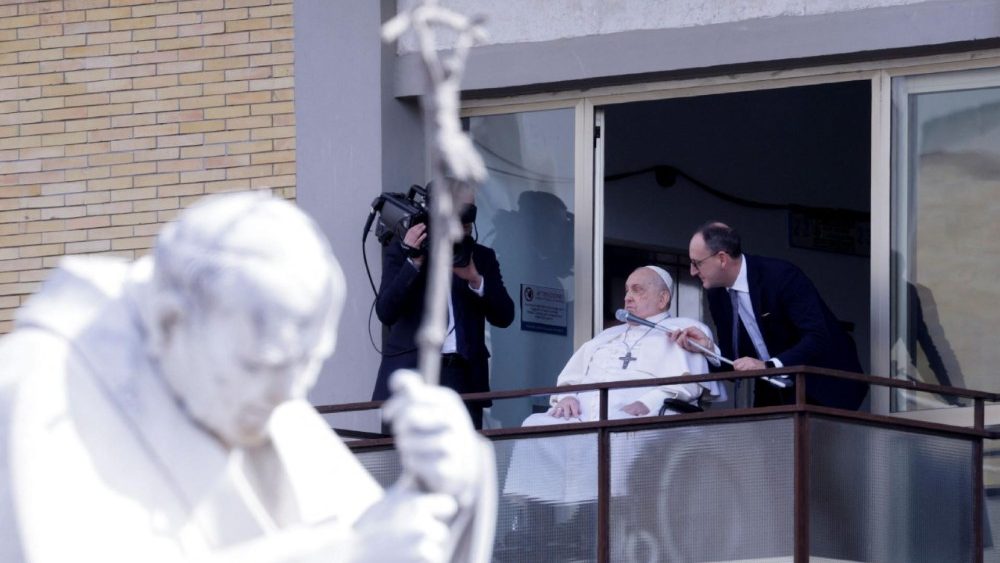It has been 38 days since February 14, when Pope Francis departed from the Vatican to receive treatment at the Gemelli Polyclinic Hospital. This period has proven to be a significant challenge for the 88-year-old pontiff, who has been battling bilateral pneumonia, an illness that has raised concerns and highlighted the fragility of his health. The medical updates throughout this time have not minimized the seriousness of his condition or the crises he faced; rather, they have painted a vivid picture of the complexity and gravity of his clinical situation.
During these trying weeks, Pope Francis has been enveloped in a profound outpouring of prayers and support from all corners of the globe. These prayers have come from personal intentions as well as organized community efforts, including rosaries and Eucharistic celebrations. Remarkably, this wave of spiritual support transcended denominational lines, as individuals and groups from various faith backgrounds, along with those who identify as non-religious, united in sending their well-wishes and positive thoughts for his recovery. It was with this collective spirit of hope that today’s brief address was conceived and shared.
As we navigated through the uncertainty surrounding the Bishop of Rome’s health, we accompanied him in spirit, awaiting updates with bated breath and praying fervently for his recovery. Our hearts were uplifted on March 7 when Pope Francis, with his visibly frail voice, addressed the faithful gathered in St. Peter’s Square, expressing his heartfelt gratitude for the countless prayers upon which he had relied. The feeling of relief washed over us again on the evening of Sunday, March 16, when we first glimpsed him albeit from behind—while he prayed after concelebrating Mass in the chapel on the hospital’s tenth floor.
After these weeks filled with concern, yet also marked by trust and acceptance of the divine will, we were filled with joy to see him return to the Vatican. In his first blessing from the hospital room, the pope reminded us all of the preciousness of life and the unpredictable nature of our existence. He demonstrated that suffering and vulnerability can be transformed into profound opportunities for evangelical witness serving as a testament to a God who chose to become human, experienced suffering alongside us, and ultimately embraced the agony of crucifixion.
We are especially grateful for his poignant reflections on the absurdity of war, which he shared during his time in the hospital. His call to prioritize disarmament over rearmament by resisting the temptation to fill arsenals with new weapons of destruction resonated deeply. Additionally, his willingness to offer his own suffering as a prayer for peace a concept so delicate and fleeting served as a powerful reminder of our collective responsibility to strive for a world in which harmony prevails.







